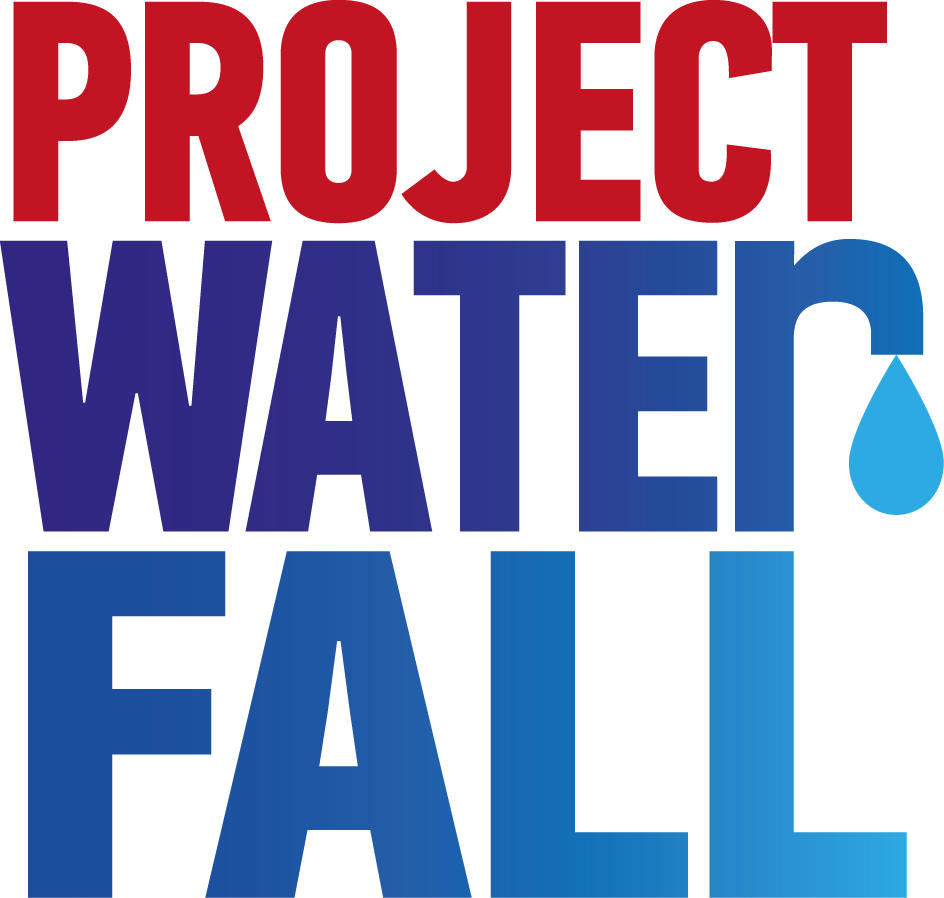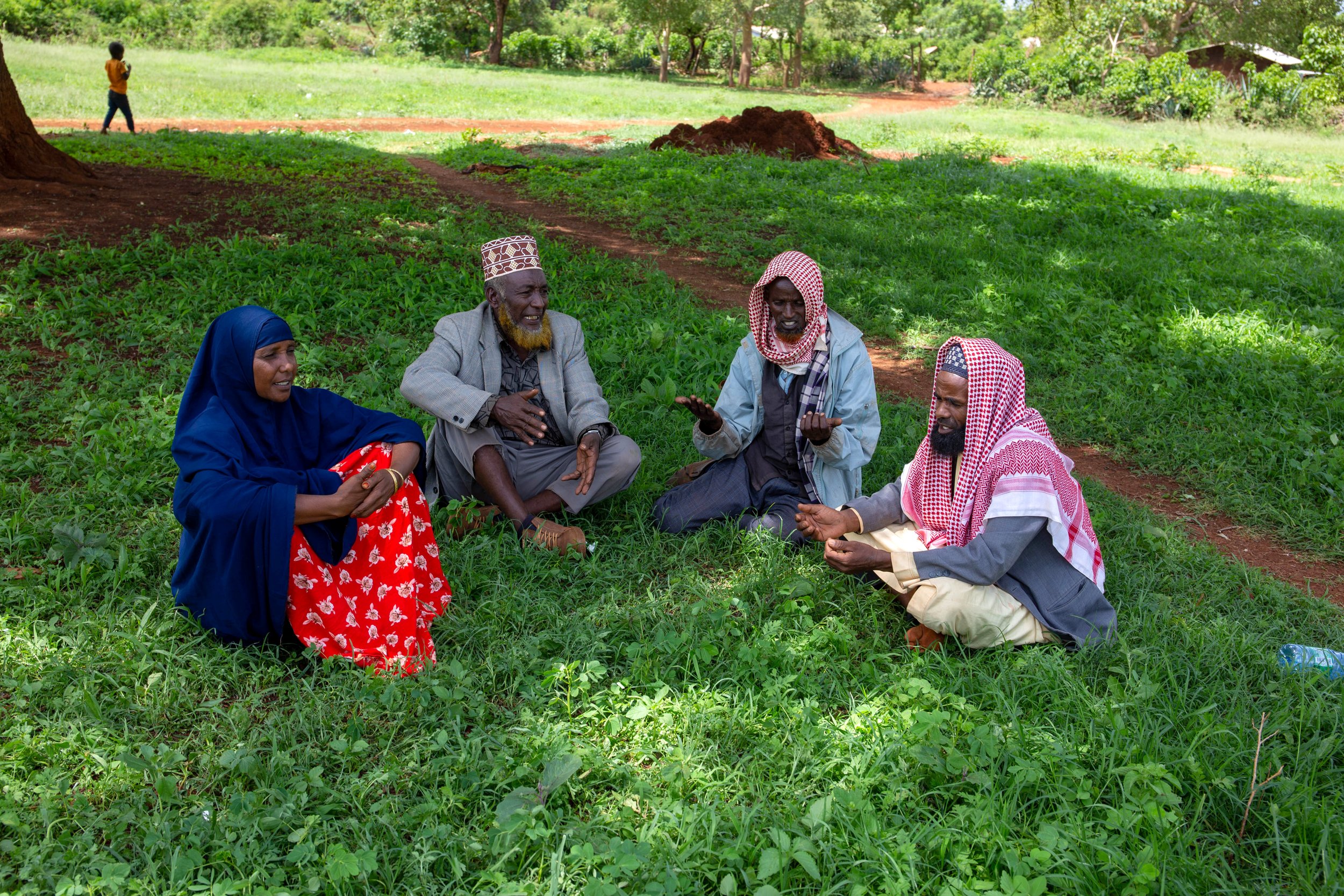We're excited to announce our new project in Berbere, Ethiopia in collaboration with WaterAid. Bebere is situated at the foot of the Bale mountains over 500km south of Addis Ababa, the capital of Ethiopia.
Ethiopia is a dry country and very vulnerable to the affects climate change. Climate change’s impact on water resources can be devastating. Berbere has been identified as one of the highest ranking areas in need of climate resilient water supplies by the Government of Ethiopia, due to increased flooding and draughts caused by changes in rainfall patterns and deforestation.
Over the next three years we plan to reach 41,359 people in Berbere by:
Building a multi-village gravity-flow water system, including a reservoir and a solar pumping system that will be more preventative to climate shocks
Installing 29 WASH kiosks, ensures that the water system is financially sustainable collecting money fees for the water, while also supporting in hygiene and sanitation marketing
Building equitable and inclusive water supply and sanitation facilities to three healthcare centres and five schools
Promoting healthy hygiene and sanitation behaviours based on research that reaches communities, schools and healthcare centres
Strengthening local governments to manage and sustain climate resilient WASH solutions through training and provision of support to community water user associations
Educating and empowering community members, especially women to better understand their rights to climate resilient, equitable WASH services
This project will not only improve the health of the people living in Berbere, but will also bring economic and environmental benefits. Improved accessibility to safe water will increase productivity meaning members of the community, especially women, will have more time to pursue economically productive pursuits. The responsibility of collecting water usually falls on women and girls, so the time they usually spend collecting water can instead be spent in school, starting small businesses and with their families.
Improved management surrounding watershed as well as harnessing solar energy to power water pumps will help ensure the longevity of this project. Workshops and classes in local schools and healthcare centres about proper hygiene practice will reduce contamination of the local environment, meaning a decline in the spread of waterborne diseases as well as a more pleasant space to live and work.




